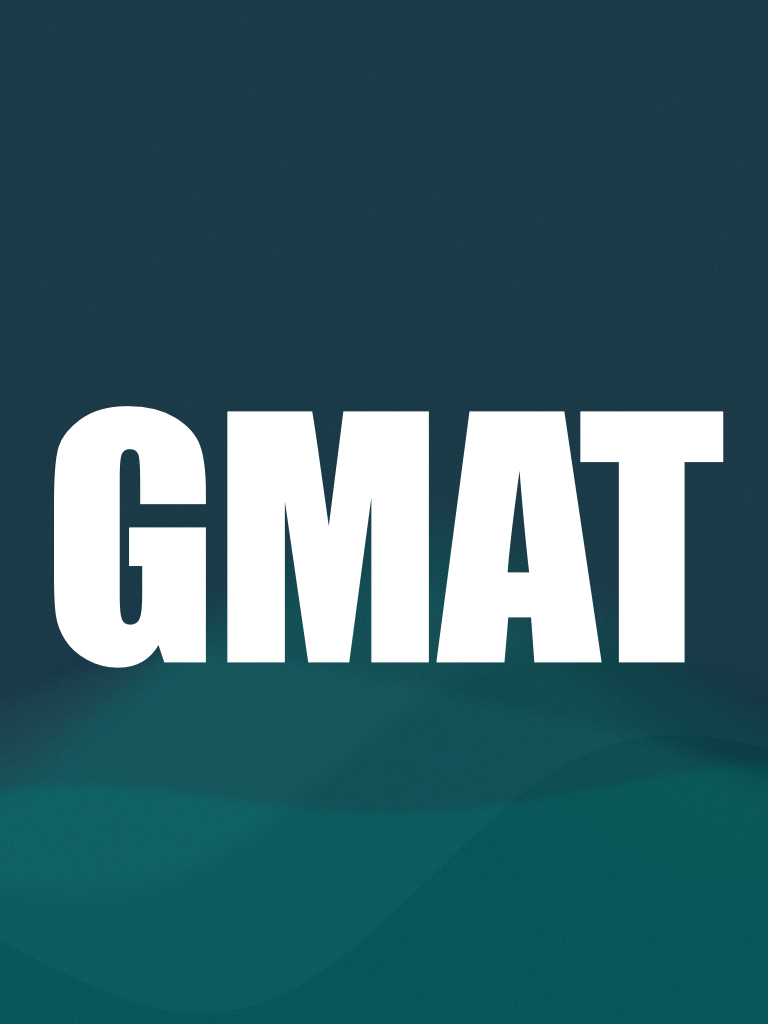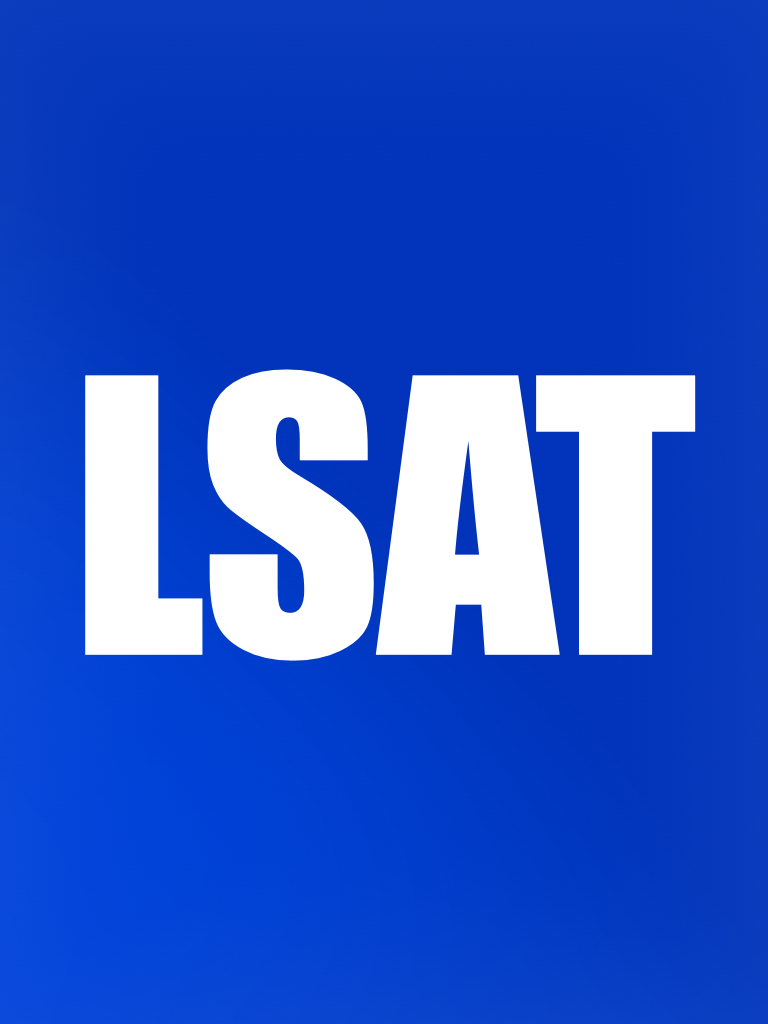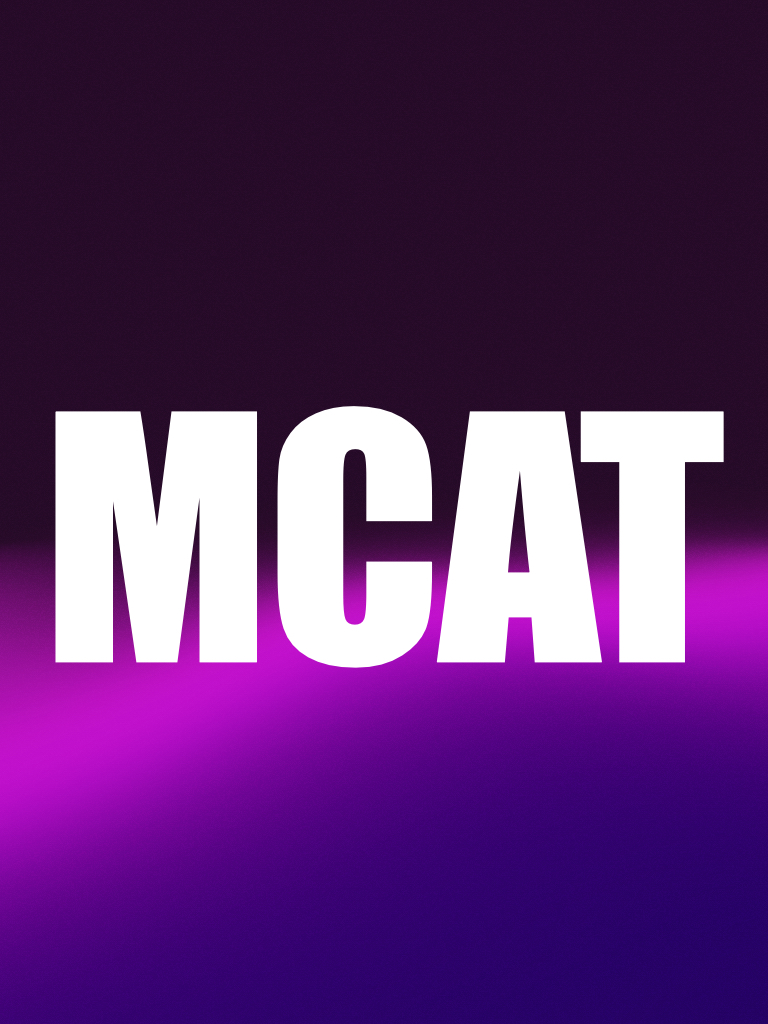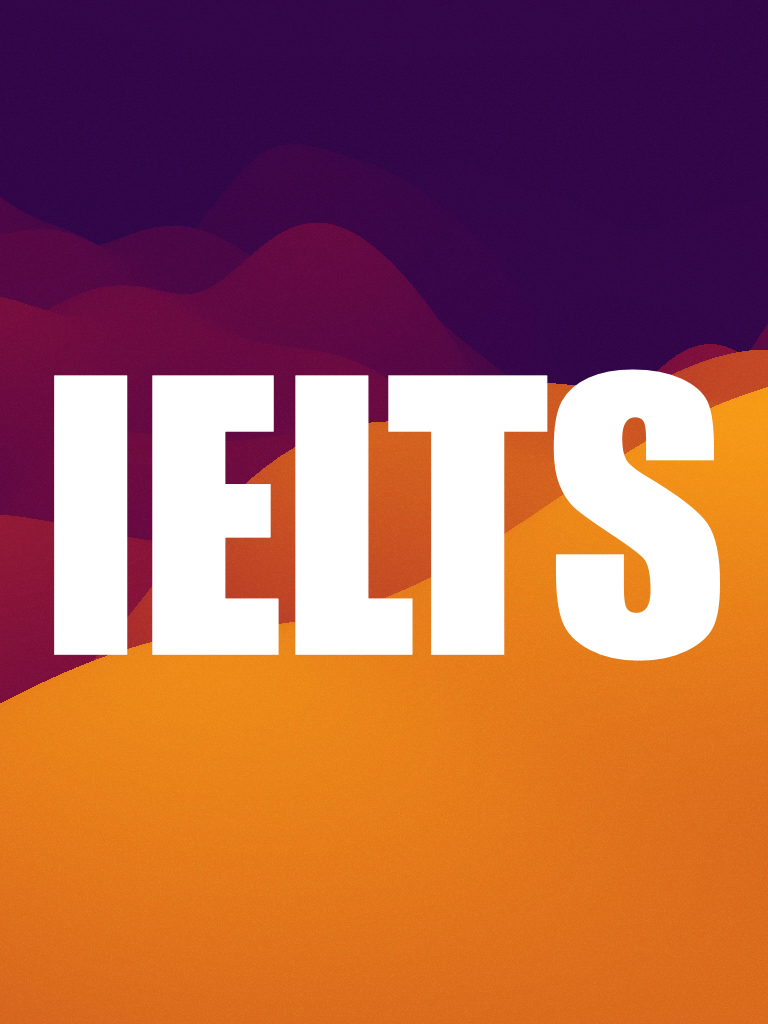Book Top College Tutors
Set Yourself Up for Success: College Skills That Make a Difference
Introduction
University life is an exciting stage full of independence, exploration, and new challenges. While professors and teaching assistants provide support in course-specific subjects, many students find that their biggest hurdles lie beyond the lecture hall. Success at the post-secondary level doesn’t just mean understanding your major—it also depends on mastering skills that cut across all disciplines. Language learning, standardized exams, and academic or study skills are three areas where students often seek extra guidance.
Language Learning & Communication
Learning additional languages opens doors far beyond the classroom. Students who can communicate in multiple languages are better prepared for international careers, study-abroad opportunities, and cross-cultural collaboration. Employers value graduates who can navigate diverse work environments, and second-language proficiency often gives candidates a competitive edge. Language skills also enhance cultural awareness, adaptability, and confidence—qualities that are valuable both academically and professionally.
Post-secondary students may study languages such as Spanish, French, Mandarin, Arabic, or others to broaden their personal and professional horizons. Academic challenges include mastering grammar, expanding vocabulary, and applying skills in essays, presentations, and group projects. Even students who are already fluent in a language may benefit from refining advanced writing, critical reading, or persuasive speaking skills. Strong communication abilities enhance performance in virtually every subject, from humanities to STEM.
Developing language proficiency requires consistent practice through conversation, immersion, and structured study. Universities may provide language courses, cultural programs, or exchange opportunities, but students who dedicate time to strengthen their language skills and seek personalized guidance gain confidence that translates into better academic outcomes and broader career opportunities.
Standardized & Graduate Exams
For many students, exams like the GRE, GMAT, LSAT, MCAT, TOEFL, and IELTS are more than just tests—they are gateways to graduate school, professional programs, or international study opportunities. Success on these high-stakes exams demonstrates readiness for advanced study, discipline, and problem-solving ability. High scores can make a real difference in a student’s academic and career trajectory.
Each exam emphasizes distinct skills. The LSAT tests logical reasoning, the GRE and GMAT focus on quantitative and analytical problem-solving, the MCAT measures scientific reasoning, and the TOEFL and IELTS assess language proficiency. Preparing for these exams is challenging because they often require strategies that differ significantly from regular coursework. Balancing exam prep alongside a full course load is a common struggle for university students.
Effective exam preparation includes timed practice tests, content review, and targeted test-taking strategies. Breaking study plans into manageable steps, planning ahead, and using specialized resources are essential. Students who approach exam prep strategically not only achieve higher scores but also build focus, resilience, and confidence—skills that carry into future academic and professional endeavors.
Academic & Study Skills
University requires a level of independence that many students haven’t encountered before. Balancing classes, part-time jobs, and personal responsibilities can be overwhelming without strong study habits. Academic and study skills are essential for maximizing learning, maintaining performance across multiple subjects, and building the foundation for lifelong success.
Core skills include time management, note-taking, critical reading, research methods, essay writing, and exam preparation. Many students struggle with procrastination, disorganized study routines, or difficulty managing long-term projects. These skills aren’t taught explicitly in most courses, yet they influence performance in every major and ultimately affect academic outcomes.
Students can strengthen their study skills through workshops, peer study groups, and structured self-improvement plans. Practical strategies such as using planners, summarizing readings, employing active recall, and breaking tasks into smaller steps can make a big difference. Developing strong academic skills early on makes university learning more manageable, reduces stress, and positions students for success both in school and in their future careers.
Where Tutoring Helps
While professors and teaching assistants provide excellent guidance in specific subjects, students often benefit from extra support in areas that cut across majors: language learning, standardized exams, and academic skills. Personalized tutoring can help students build confidence, develop effective strategies, and gain the targeted practice they need to excel.
Investing in these high-impact areas doesn’t just improve academic performance—it equips students with skills that will benefit them long after graduation. Whether it’s refining a second language, mastering exam strategies, or strengthening study habits, targeted support can make all the difference in achieving university success and preparing for a competitive, global future.
Find College Tutors Near You
If you’re ready to get personalized support, finding the right tutor is easier than ever. Browse our directory to discover qualified tutors near you who specialize in language learning, exam preparation, or academic skills. With the right guidance, you can strengthen your abilities, boost your confidence, and make the most of your post-secondary experience.

















